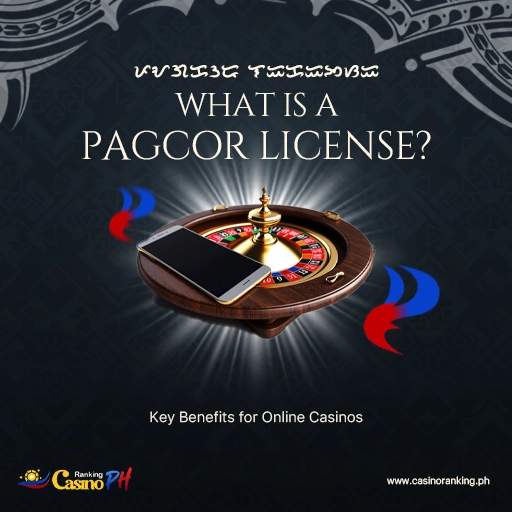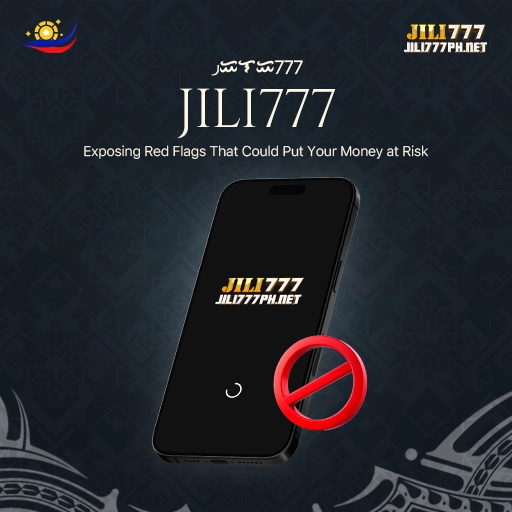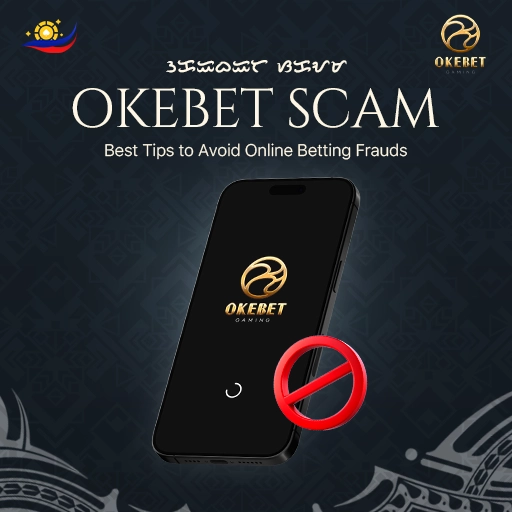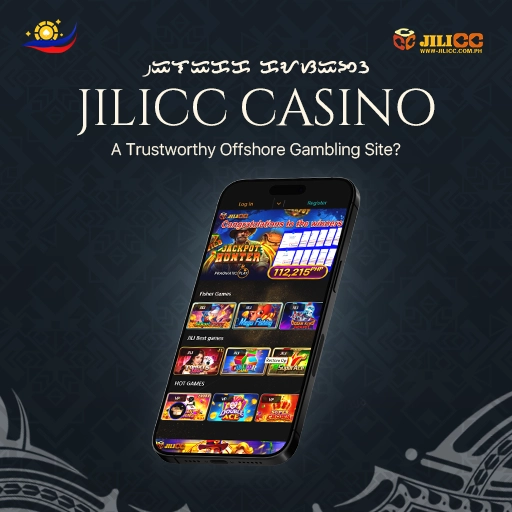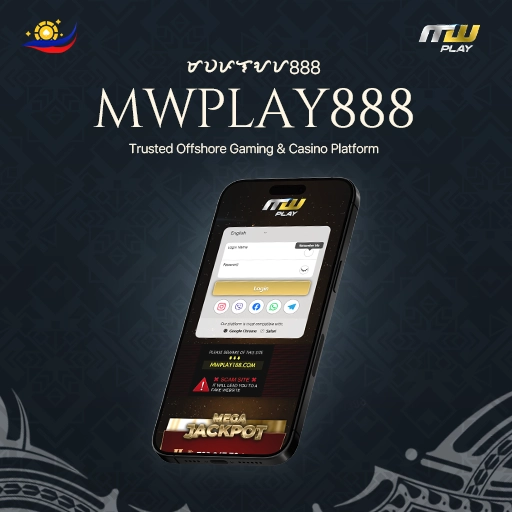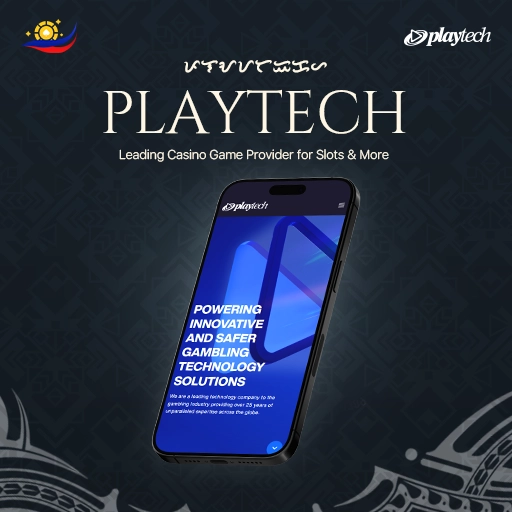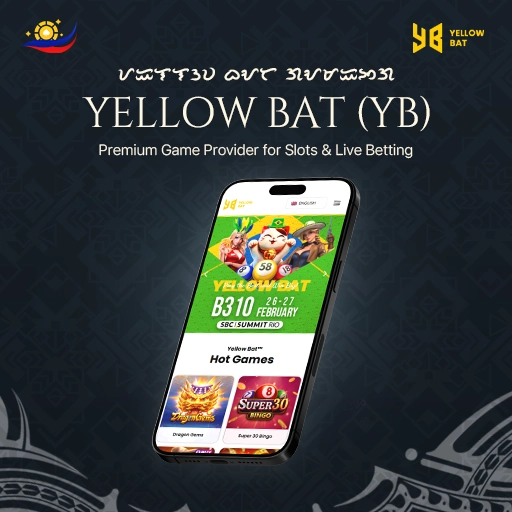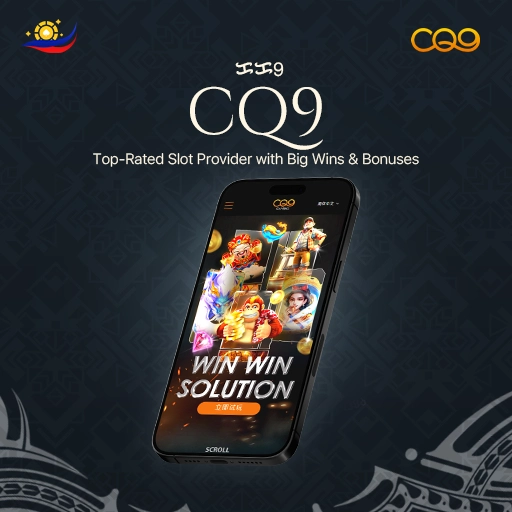In the fast-evolving online gambling industry, securing a valid license is essential for operators to establish legitimacy, ensure fair play, and maintain trust among players. One of the most recognized regulatory authorities in Asia is the Philippine Amusement and Gaming Corporation (PAGCOR), which oversees both land-based and online gambling activities in the Philippines. The PAGCOR License has become a sought-after credential for online gambling operators looking to enter the regulated market. This article explores what a PAGCOR License is, its benefits and challenges, and how it compares to other gambling licenses worldwide.
What is PAGCOR?
The Philippine Amusement and Gaming Corporation (PAGCOR) is a government-owned and controlled corporation responsible for regulating all gambling operations in the Philippines. Established in 1976, PAGCOR was created to generate revenue for national projects while ensuring that gaming activities remain fair and free from criminal influence. Over the years, PAGCOR has evolved into a key player in the global gambling sector, issuing licenses to online gaming operators that adhere to its strict guidelines.
PAGCOR operates under the mandate of the Philippine Government and functions as both a regulator and operator. While it runs its own casinos, it also grants licenses to private online gambling companies through the Philippine Offshore Gaming Operator (POGO) program. This allows licensed operators to provide online gambling services to international players while following the regulatory framework established by PAGCOR.
PAGCOR License for Online Gambling Operators
Types of Gambling Licenses Issued by PAGCOR
PAGCOR provides licenses for various gambling operations, including:
- Land-based casinos
- Online casinos and sportsbooks
- eGaming platforms
- Poker rooms and live dealer games
For online gambling operators, the most relevant category is the Philippine Offshore Gaming Operator (POGO) license, which allows companies to provide gambling services to players outside the Philippines.
Eligibility and Compliance Requirements
To obtain a PAGCOR License, online gambling operators must meet strict eligibility criteria, including:
- Financial stability and proof of sufficient capital
- Background checks on key stakeholders and business partners
- Adherence to anti-money laundering (AML) and responsible gambling policies
- Implementation of fair gaming practices and secure payment systems
Once licensed, operators must comply with regular audits, maintain transparency in operations, and submit financial reports to PAGCOR to retain their license.
Benefits of a PAGCOR License for Online Gambling Operators
Securing a PAGCOR License offers numerous advantages for online gambling operators, including:
1. Legitimacy and Global Recognition
A PAGCOR License adds credibility to an online gambling operator, making it easier to attract players and establish trust. Many international betting platforms recognize PAGCOR as a reputable licensing body.
2. Access to a Structured Regulatory Environment
PAGCOR provides a well-regulated environment for online gambling businesses, ensuring that licensed operators follow strict industry standards and best practices. This creates a safer gambling experience for players.
3. Legal Protection and Risk Reduction
Licensed operators under PAGCOR receive legal protection, minimizing risks associated with fraud, money laundering, and unfair gaming practices. Regulatory oversight helps maintain ethical business operations.
4. Potential for Expansion and International Reach
A PAGCOR License allows operators to offer their services to players outside the Philippines, making it a viable option for companies looking to expand their reach across Asia and beyond.
Challenges and Responsibilities of PAGCOR-Licensed Operators
While obtaining a PAGCOR License comes with benefits, operators must also navigate challenges, including:
1. Strict Compliance and Auditing Requirements
PAGCOR imposes strict auditing and compliance measures, requiring operators to regularly report financial transactions, tax payments, and gaming activities.
2. High Regulatory Costs
The cost of obtaining and maintaining a PAGCOR License can be significant, including application fees, renewal fees, and regulatory charges. Smaller operators may find it difficult to meet these financial obligations.
3. Responsible Gambling Obligations
Licensed operators must implement responsible gambling policies, including self-exclusion programs, betting limits, and age verification systems to protect players from addiction.
4. Potential Changes in Regulations
The Philippine government occasionally updates its gambling regulations, which can impact licensing conditions and operational requirements for existing license holders.
Comparison with Other Gambling Licenses
PAGCOR competes with other well-known licensing authorities in the online gambling industry. Here’s how it compares to some of the major regulators:
| Licensing Authority | Key Features | Market Reach |
| PAGCOR (Philippines) | Strong Asian presence, strict regulations, legal protection | International (excluding the Philippines) |
| Malta Gaming Authority (MGA) | EU-recognized, high compliance standards, player protection policies | Europe and global markets |
| UK Gambling Commission (UKGC) | Highly regulated, strong responsible gambling measures, heavy fines for non-compliance | UK and global operators |
| Curacao eGaming License | Low-cost licensing, minimal compliance requirements, fast approval process | International (but less credibility than PAGCOR or MGA) |
While PAGCOR provides strong regulatory oversight and legitimacy, it is often considered more expensive and stringent compared to licenses from Curacao or Alderney. However, it offers a strong reputation in the Asian market, making it a valuable choice for operators targeting players in the region.
The Future of PAGCOR Licensing and Online Gambling in the Philippines
The future of PAGCOR licensing remains promising, with continued demand from international gambling operators looking to establish a presence in Asia. The Philippine government is expected to strengthen regulatory measures to enhance security, prevent illegal gambling, and promote responsible gaming.
Key trends shaping the future of PAGCOR licensing include:
- Increased adoption of digital payment solutions such as cryptocurrency and e-wallets for gambling transactions
- Enhanced player protection policies to combat problem gambling and fraud
- Stricter enforcement of anti-money laundering (AML) regulations to ensure fair play
- Expansion of gaming options, including eSports betting and blockchain-based gambling platforms
Conclusion
A PAGCOR License is a highly respected certification for online gambling operators looking to enter the regulated market and expand their global reach. While it comes with strict compliance requirements, financial obligations, and regulatory challenges, it also provides legitimacy, player trust, and legal protection.
For operators seeking to establish a credible online gambling business in Asia, securing a PAGCOR License is a strategic move that can enhance brand reputation and ensure long-term success in the competitive gaming industry.

